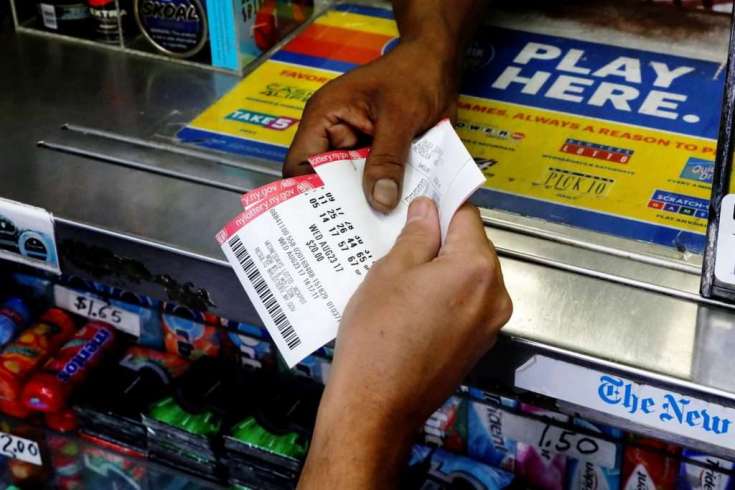
A customer purchases Powerball lottery tickets for a $700 million jackpot at a newsstand in New York City, August 23, 2017.
Brendan McDermid | Reuters
The Mega Millions jackpot has continued its march toward $1 billion.
With no ticket matching all six numbers drawn Tuesday night, the top prize is now an eye-popping $970 million for the next drawing, set for Friday night. And Powerball’s jackpot isn’t too far behind for Wednesday night’s drawing: $730 million.
Both jackpots, which rank among the top 10 largest ever, have been rolling higher since September through twice-weekly drawings with no winner.
Of course, at some point that will change. And whoever ends up holding the winning ticket in either game will also discover their life is about to change dramatically. While the windfall opens up a world of possibilities, it also can mean leaving your pre-winning life behind.
“On one hand, it’s a fantastic experience but, on the other hand, it may come with necessary changes that can cause anxiety,” said Walt Blenner, an attorney and founder of Blenner Law Group in Palm Harbor, Florida.
Here are some mistakes that winners should avoid.
Telling too many people
It’s a mistake to share the news broadly, Blenner said.
“Keep it as nuclear a group as possible — tell immediate family only,” he said.
Even then, he said, word may leak out or people in your life may start putting two and two together.
“For these gargantuan wins, everyone is looking for who won,” Blenner said.
The goal should be to protect your identity, if you can, when you claim your winnings. Some states allow winners to remain anonymous. Others let you create a trust or other legal entity to claim the prize, thereby keeping your own name out of the public realm.
And, you may need to do some fibbing in your efforts to keep the news close. That is, be prepared to tell white lies if preparing to claim the prize or handling acute emotions means you can’t go to work or you need to beg off social engagements.
“A lot of people don’t like to deceive others, but in this case it’s a matter of self-preservation and security,” Blenner said.
Rushing to claim prize
Depending on the state where you bought the winning ticket, you get anywhere from three months to a year to claim jackpots in both Powerball and Mega Millions.
In other words, it’s worth exploring your options — both in terms of shielding your identity if possible and how you plan to receive the money.
More from Personal Finance:
IRS delays start of tax filing season to Feb. 12
Not all end-of-life decisions are covered in a will
Attacking holiday debt: These 8 strategies can help
And, generally, it isn’t as simple as wiring that much money to your checking account. When Blemmer helped a jackpot winner, the financial institution receiving the money needed to prepare.
“They had to notify the federal government that they were getting that big check and that it wasn’t coming from a foreign country,” Blenner said.
Going it alone
Before you claim, you should assemble a team of experienced professionals: ideally, an attorney, accountant and financial advisor.
“When you get to these stratospheric amounts of money, you don’t even know what you don’t know,” Blenner said.
For instance, there may be ways to minimize your tax bill. While 24% is withheld from big lottery wins for federal taxes, the top marginal rate of 37% means you’d owe a lot more. There also are typically state taxes to consider.
Someone on the team should also serve as a gatekeeper. That is, they can field requests from moochers or scammers or anyone else who wants a piece of your windfall.
It’s worth noting that most people will never have to worry about these things. The chance of winning is 1 in 302 million for Mega Millions and 1 in 292 million for Powerball.


